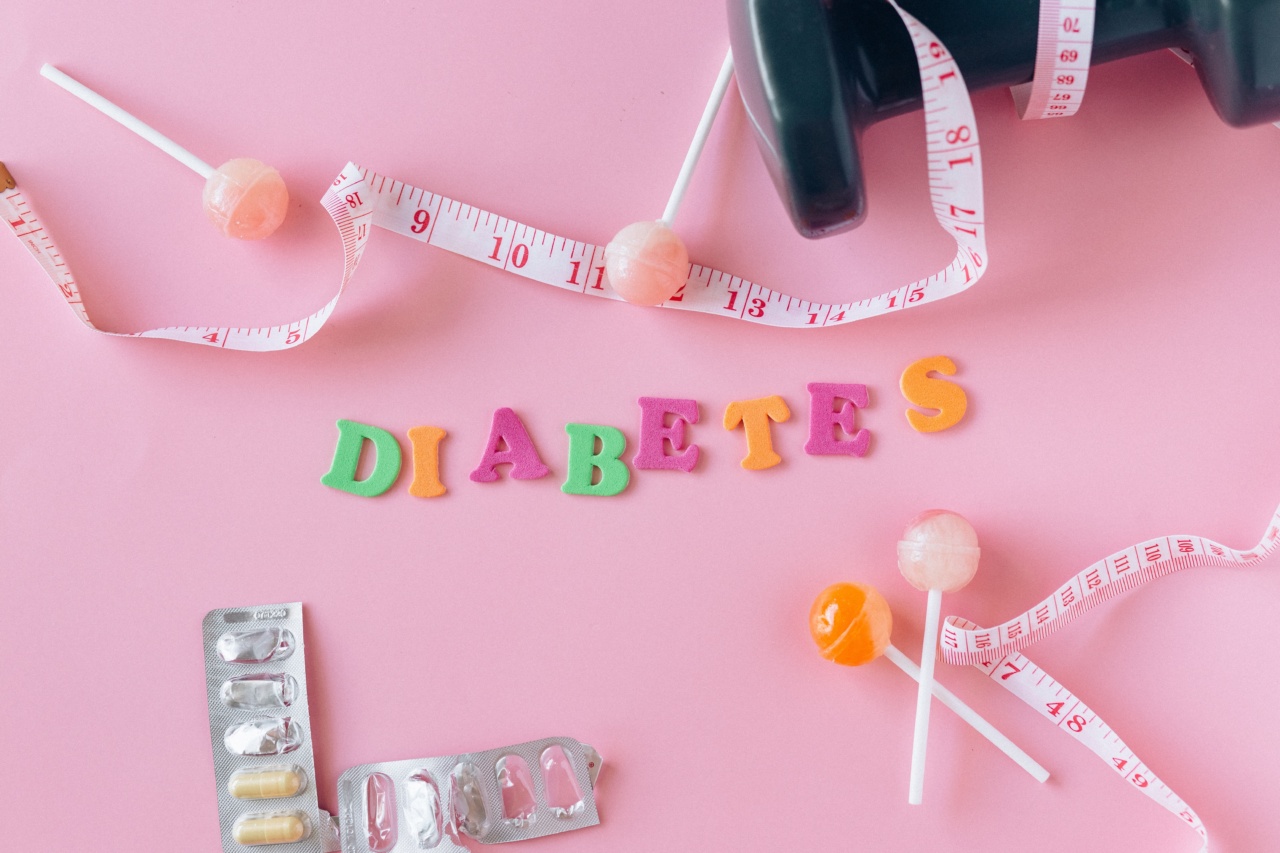Today’s society is often subjected to quick fixes and one-size-fits-all solutions when it comes to weight loss. But what if a revolutionary new diet could help you shed the pounds while also balancing your hormones?.
The Importance of Hormonal Balance
Hormones are responsible for regulating many of the body’s functions, including metabolism, hunger, and energy levels. However, when hormones are out of balance, it can lead to weight gain and other health problems.
For example, high levels of insulin can lead to weight gain, while imbalanced thyroid hormones can contribute to sluggishness and weight gain as well.
A hormonal diet focuses on balancing the hormones in your body to help you lose weight more effectively.
By targeting hormones such as insulin, cortisol and leptin, a hormone-balancing diet can help regulate these hormones and promote healthy weight loss.
The Principles of a Hormonal Diet
The principles of a hormonal diet are simple: focus on whole, nutrient-dense foods that support healthy hormone levels. This includes fresh fruits and vegetables, lean proteins, healthy fats, and complex carbohydrates.
In addition, certain supplements and herbs may also be incorporated to support healthy hormone balance.
There are several key nutrients that play a critical role in healthy hormone balance. These include:.
Omega-3 Fatty Acids
Omega-3 fatty acids are essential for healthy hormone levels, as they help reduce inflammation and support the production of hormones such as testosterone and estrogen. Foods rich in Omega-3s include fatty fish, chia seeds, and walnuts.
Protein
Protein is essential for healthy hormone balance, as it helps support the production of hormones such as insulin and growth hormone. Lean proteins such as chicken, fish, and beans are good choices for hormone balancing diets.
Vitamin D
Vitamin D is essential for healthy hormone levels, as it helps regulate the production of hormones such as testosterone. Sunlight is the best source of Vitamin D, but it can also be found in foods such as fatty fish and fortified dairy products.
Magnesium
Magnesium is essential for healthy hormone levels, as it helps regulate the production of hormones such as cortisol. Foods rich in magnesium include leafy green vegetables, nuts, and whole grains.
A hormonal diet also emphasizes the importance of regular exercise, stress management, and sleep hygiene to support healthy hormone levels.
The Benefits of a Hormonal Diet
The benefits of a hormonal diet are numerous. By balancing hormones, this type of diet can help promote healthy weight loss, increase energy levels, and improve overall health.
Hormonal diets may also help reduce the risk of chronic conditions such as diabetes and heart disease by promoting healthy blood sugar levels and reducing inflammation.
Getting Started with a Hormonal Diet
If you’re interested in trying a hormonal diet, there are several resources available to help you get started. Many health professionals, including nutritionists and dietitians, are trained in hormonal diets and can provide guidance and support.
Additionally, there are several books and online resources available on the topic.
It’s important to remember that every body is different, and what works for one person may not work for another. It may take some trial and error to find the right hormonal balance for your body, so be patient and stay committed to your goals.
In Conclusion
A hormonal diet is a revolutionary approach to weight loss that focuses on balancing the hormones in your body.
By emphasizing whole, nutrient-dense foods and regular exercise, this type of diet can help you shed pounds while also improving overall health. If you’re ready to take control of your weight and hormone levels, a hormonal diet may be worth considering.






























